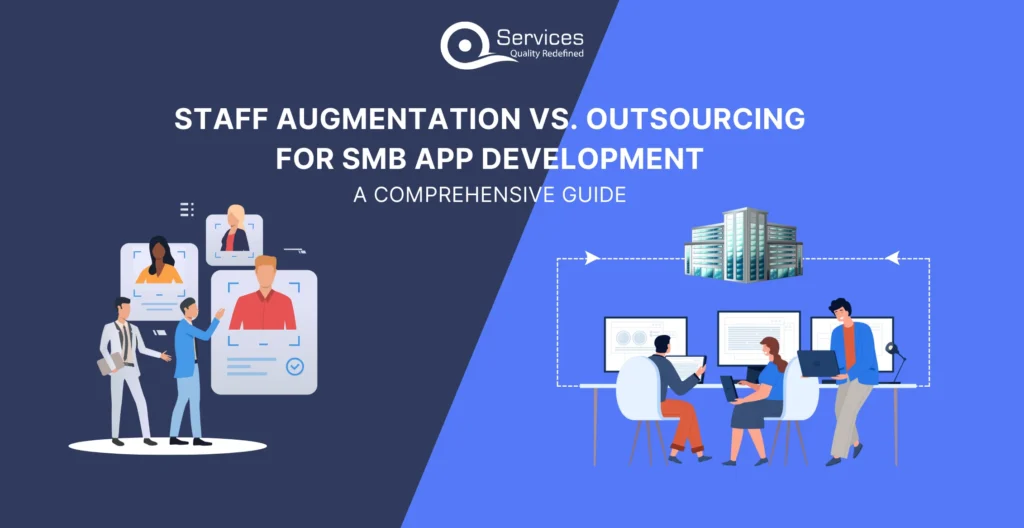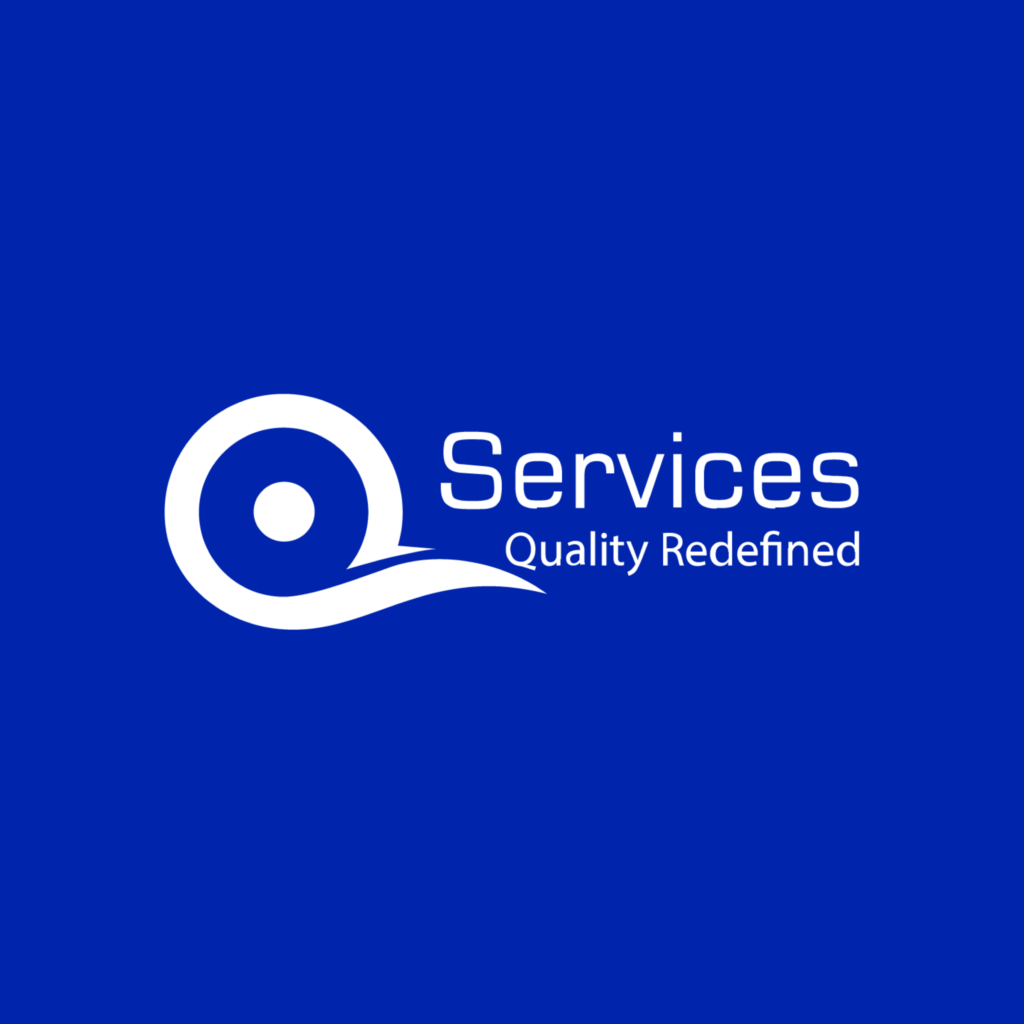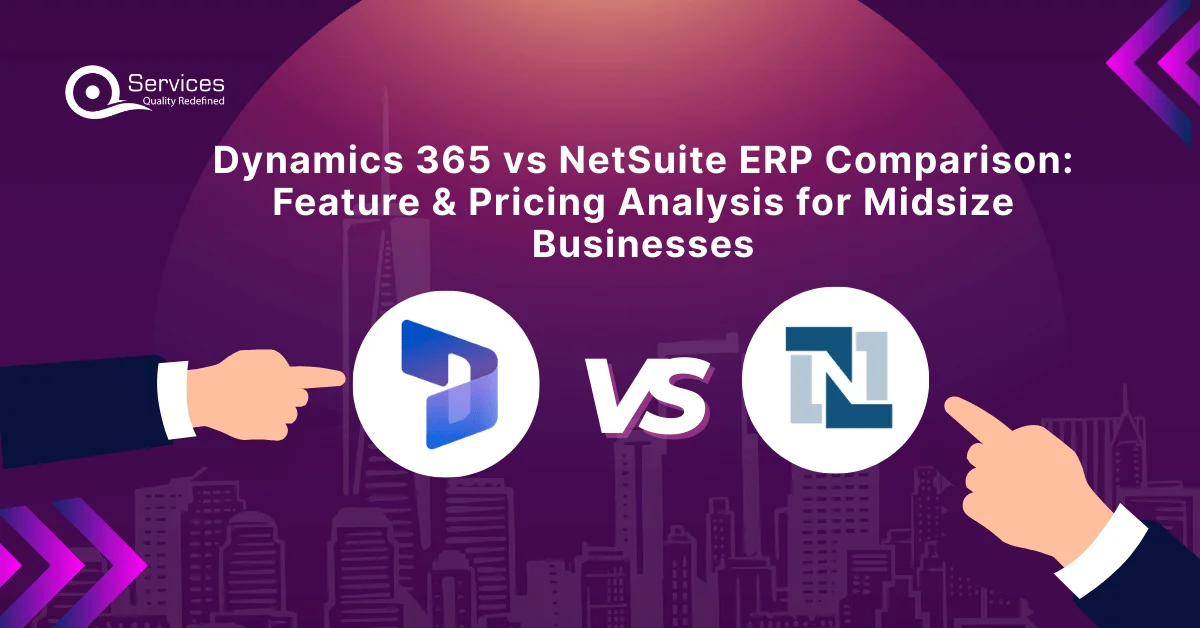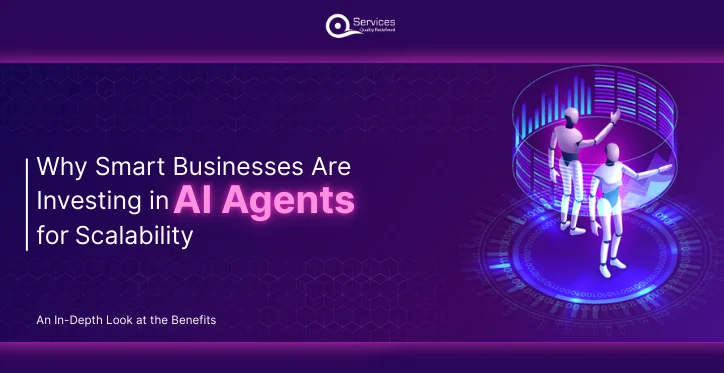
Rewards
.





CANADA
55 Village Center Place, Suite 307 Bldg 4287,
Mississauga ON L4Z 1V9, Canada
Certified Members:
.



Home » Staff Augmentation vs. Outsourcing for SMB App Development: A Comprehensive Guide

Businesses face challenges in keeping up with rapidly changing technology and business trends. Despite these challenges, the constant need for skilled talent remains unchanged. Businesses are adapting by using various staffing models to address their IT operational needs without overburdening their current employees.
Choosing between Staff Augmentation and IT Staff Outsourcing for SMB App Development can greatly influence your project’s success and budget. Staff Augmentation offers control and flexibility by adding to your existing team, while Outsourcing can provide cost savings and specialized expertise. In this guide, we’ll explore both options to help you make the best choice for your SMB’s needs.
Nowadays, people are increasingly glued to their phones, with most activities having dedicated apps—be it shopping, ordering food, or accessing services. This trend isn’t limited to big enterprises; even SMBs recognize the immense value of mobile apps. According to reports, there are over 2.9 million apps on Google Play Store and about 4.4 million on the Apple App Store, with Google leading the market. Additionally, more than 80% of users prefer online shopping, which underscores the high demand for mobile apps. Furthermore, mobile apps not only enhance user experience but also build trust, as users tend to believe in companies offering mobile apps. Therefore, for SMBs, investing in app development isn’t just a trend—it’s a necessity to stay competitive, connect with customers, and unlock new opportunities.
Both staff augmentation and outsourcing staff offer valuable solutions for SMBs navigating the challenges of today’s competitive landscape. Staff augmentation shines in its ability to provide businesses with the ability to scale their teams on demand. This approach allows companies to strengthen their workforce with specialized talent without the long-term commitment or administrative burden of full-time hiring. By integrating these augmented staff members into existing teams, SMBs can maintain a hands-on approach to project management and ensure that the quality of work aligns with their standards.
On the flip side, outsourcing presents a structured and often cost-effective alternative. It enables SMBs to delegate specific tasks or even entire projects to external teams, freeing up valuable internal resources. This can be particularly beneficial especially when facing tight deadlines or when specialized skills are required that may not be available locally. Additionally, outsourcing offers the advantage of cost predictability, since many vendors operate on fixed-price contracts. However, it’s essential to note that outsourcing does come with its challenges, such as relinquishing direct control over certain aspects of the project. Moreover, communication can sometimes be a hurdle due to time zone differences or cultural nuances, which may impact project alignment and quality assurance.
Get free Consultation and let us know your project idea to turn into an amazing digital product.
In app development, staff augmentation means bringing in outside IT experts like developers, designers, or testers to join a company’s current tech team for a while. This helps boost the company’s ability to develop software by tapping into specific skills that their own team might not have. Using staff augmentation for app development lets companies easily grow their team when they need to without the hassle of hiring full-time employees. It’s a flexible way to keep control of the project while getting the benefits of extra skills and productivity from the new team members.
With staff augmentation, SMBs maintain direct control over the app development process by integrating external professionals into their existing team. This direct integration allows SMBs to oversee every stage of development, from planning and design to coding and testing. Because the augmented staff work closely with the in-house team, communication lines are clearer and more immediate.
Moreover, the SMB retains the final say in decision-making processes, ensuring that the development aligns with the company’s vision, goals, and quality standards. This hands-on approach to project management enables SMBs to implement feedback, make adjustments, and address any concerns promptly, thereby improving quality control and ensuring the final product meets the company’s expectations and objectives.
Direct communication is a big plus when using staff augmentation for SMBs. This means the company can talk directly to the extra team members they’ve brought in. It helps because everyone can understand each other better and ask questions right away if they’re unsure about something.
With direct communication, any problems or questions can be sorted out quickly. This keeps the project moving smoothly without long delays. So, one of the main benefits of staff augmentation is that it lets SMBs communicate clearly and fix issues fast, which is crucial for successful app development.
Staff augmentation gives SMBs the flexibility to adjust their team size based on project needs. This means they can easily add more experts to the team when there’s a lot of work or reduce the team size when the workload decreases.
In app development, needs can change quickly. One week, you might need more developers to speed up coding, and the next week, you might need more testers to find and fix bugs. With staff augmentation, SMBs can quickly adapt to these changes without the hassle of hiring or letting go of full-time employees.
This flexibility in resource allocation ensures that SMBs always have the right skills on hand to meet project demands efficiently. Whether it’s scaling up for a big feature release or scaling down during maintenance phases, staff augmentation allows SMBs to optimize their resources effectively, making it a valuable advantage for dynamic app development projects.
Managing additional resources through staff augmentation requires effort and attention from SMBs. Integrating augmented staff into the existing team involves more than just adding them to projects; it involves coordinating their tasks, aligning them with company objectives, and ensuring they remain productive. This management responsibility can be particularly time-consuming for SMBs, especially those with limited managerial resources. It may necessitate assigning existing managers to oversee the augmented team or even hiring new supervisory staff to handle this task.
The need for training or onboarding of augmented staff can indeed be a challenge in staff augmentation. Since these professionals are temporarily joining the team, they might not be familiar with the company’s specific processes, tools, or project requirements from the get-go. As a result, time might be needed to get them up to speed, which could extend the project timelines.
Consequently, extended timelines can lead to delays in launching the app, impacting the overall project schedule and potentially affecting market opportunities or business goals tied to the app’s release date. Therefore, while staff augmentation offers flexibility and control, the initial time investment for training and onboarding can be a downside that SMBs need to consider when opting for this staffing model.
IT staff outsourcing involves hiring an external company or service provider to handle specific IT functions, tasks, or projects on behalf of a business. Instead of recruiting and maintaining an in-house IT team, companies can outsource these responsibilities to external experts or organizations.
In the context of app development, IT staff outsourcing can mean hiring an external company to design, develop, test, and maintain an app. The outsourcing company provides a team of skilled professionals who specialize in various aspects of app development, such as developers, designers, testers, and project managers.
For SMBs delving into app development, outsourcing presents a budget-friendly option. Rather than incurring the expenses of hiring and maintaining an in-house team, which includes salaries, benefits, and office overheads, SMBs can choose to outsource their app development needs. This strategy grants SMBs access to top-notch work without hefty initial investments. Outsourcing providers often offer flexible pricing structures, such as fixed-price packages or hourly rates, allowing SMBs to manage their finances more effectively. By adopting this cost-efficient approach, SMBs can allocate their resources wisely, focusing on other vital areas of their business while still achieving quality app development.
Outsourcing for app development lets SMBs tap into a wide range of skills from around the world. This means they can find experts who know the latest technologies and have experience with different types of apps. For example, if an SMB wants to create an app with augmented reality, outsourcing can connect them with professionals who’ve done similar projects before.
By handing over the reins of app development to external experts, SMBs can avoid the time-consuming tasks of coding, testing, and debugging. This allows them to accelerate the app development process and redirect their focus to core business activities.
Additionally, outsourcing eliminates the need for SMBs to spend time on recruiting, training, and managing an in-house development team. This reduction in administrative tasks and distractions enables SMBs to concentrate on strategic planning, marketing, and customer engagement, ultimately driving business growth more effectively.
SMBs often encounter varying demands in their app development lifecycle. Outsourcing offers the flexibility to quickly scale up or down based on project requirements. This means SMBs can expand their team to meet tight deadlines or tackle complex features, and then scale back during quieter periods or maintenance phases, allowing for efficient resource allocation and cost management.
This scalability ensures that SMBs can adapt to market changes, manage costs effectively, and navigate the dynamic landscape of app development. It provides the agility needed to seize opportunities, address challenges, and maintain control over budget and timelines, making outsourcing an asset for SMBs in their app development journey.
Outsourcing, particularly to foreign countries, often leads to communication barriers. Consequently, this can result in misunderstandings regarding project requirements, delays in feedback, and overall misalignment between the SMB and the outsourcing partner. As a result, such communication gaps can significantly impact the app development process, ultimately leading to inefficiencies and potential rework.
Quality assurance is crucial in app development. SMBs might have concerns about the level of expertise and the quality of work delivered by an outsourcing partner. Without direct oversight, there’s a risk that the final product may not meet the SMB’s standards or expectations, leading to potential user dissatisfaction or the need for additional revisions.
App development often involves handling sensitive data, user information, or proprietary algorithms. Outsourcing can introduce security risks, especially when sharing such confidential information with external parties. Ensuring data privacy and security becomes challenging, and any breaches can have severe consequences for the SMB’s reputation and legal liabilities.
Dependency on External Factors: By outsourcing app development, SMBs become reliant on external factors like the outsourcing partner’s reliability, availability, and business continuity. Any disruptions or inconsistencies from the outsourcing partner can lead to project delays, impacting the SMB’s ability to meet deadlines or launch the app as planned. This dependency can limit the SMB’s control over the development process and project outcomes.
With the staff augmentation pricing model, SMBs can hire IT pros directly for specific software jobs, providing them with increased control and flexibility. This approach often results in cost savings for SMBs. They can adjust their team size and skills based on the project’s requirements, avoiding the additional expenses associated with full-time employees.
Moreover, the staff augmentation pricing model reduces hiring and operational costs. Employing full-time IT staff typically involves higher salaries, benefits, and training expenses. However, with the staff augmentation pricing model, SMBs can accomplish tasks without incurring these extra costs, particularly when facing fluctuating development needs.
Project outsourcing means hiring an outside company to handle the whole IT project with little input from the SMB’s own team. While this can offer predictable costs with set prices, it might not always be the cheapest option for SMBs.
Outsourcing can give access to experts and the latest tech tools, but it can also be pricey. SMBs might end up paying more for the convenience and expertise that outsourcing companies offer. However, for SMBs looking to tap into specialized skills, accelerate development, or access advanced tech tools, the benefits of outsourcing can outweigh the costs.

When considering app development for Small and Medium-sized Businesses (SMBs), there are some crucial factors to consider:
Project Requirements and Complexity:
First, think about what you really need for your app. Do you want a basic app with simple features, or do you need a more advanced app with lots of special features? How complicated your app is will affect how much it costs and how long it takes to make.
Budget considerations:
Small businesses usually have limited money to spend. It’s important to find a balance between wanting a great app with many features and what you can afford. One idea is to start with a basic version of your app, called a Minimum Viable Product (MVP). Then, as you have more money, you can add more features to make it better.
Timeline for Project Completion: Developing an app can be a time-consuming process, especially if the app is complex. Be realistic about your timeline and plan accordingly. Remember, rushing the development process can lead to mistakes and lower quality.
Importance of Direct Control vs. Cost Savings: If direct control over every aspect of the development process is important, developing in-house might be the best option. However, this can be more expensive and time-consuming. Outsourcing to a development agency can save costs and time, but you’ll have less control over the process.
Cultural Fit and Communication Preferences: If you’re outsourcing, consider the cultural fit and communication styles of potential development partners. Misunderstandings can lead to project delays and increased costs. Look for a partner who understands your business culture and communicates effectively.
Microsoft Power Automate is a comprehensive service designed to facilitate automated workflows across a range of applications and services. It enables synchronization of files, real-time notifications, data collection, and more. In the context of automation in oil and gas industry, Power Automate can simplify the automation process in several ways:
When choosing between staff augmentation and IT outsourcing for SMB app development, it’s crucial to carefully weigh factors such as your project’s intricacy, cost, and timeline. Firstly, the best IT staff augmentation offers SMBs flexibility and control, as it enables them to augment their teams with specialized talent while maintaining a hands-on approach to the development process. Conversely, IT outsourcing presents certain risks, such as weaker project control and communication challenges; however, it can also offer scalability, cost savings, and access to specialized expertise.To make an informed decision, businesses should familiarize themselves with the subtle differences between each model. For a more in-depth comparison and analysis, see our blog post, “Make the Right Choice: Staff Augmentation vs. IT Outsourcing for Your Business.“

Our Articles are a precise collection of research and work done throughout our projects as well as our expert Foresight for the upcoming Changes in the IT Industry. We are a premier software and mobile application development firm, catering specifically to small and medium-sized businesses (SMBs). As a Microsoft Certified company, we offer a suite of services encompassing Software and Mobile Application Development, Microsoft Azure, Dynamics 365 CRM, and Microsoft PowerAutomate. Our team, comprising 90 skilled professionals, is dedicated to driving digital and app innovation, ensuring our clients receive top-tier, tailor-made solutions that align with their unique business needs.

When a midsize business needs an ERP (Enterprise Resource Planning) system, two popular options are Microsoft Dynamics 365 vs NetSuite. Both are powerful, but they have different features, prices, and benefits that can impact a business. In this section, we’ll explore what each one offers and how they help growing companies.

With AI, businesses can make better decisions, improve workflows, and create new opportunities—all while saving time and resources. But how exactly does this work? Which industries use AI the most?

In the current era, where customers are more demanding than ever, banks need to provide solutions that are quick, personalized, and efficient. Seems like a challenge? Well, not with Agentic Automation.
App development is crucial for SMBs as it enhances customer engagement, personalizes marketing efforts, and boosts revenue. It also provides a competitive edge by improving efficiency and scalability.
SMBs can ensure quality in outsourcing by selecting reputable partners known for their quality services. Establishing clear quality assurance processes, including setting explicit expectations and measurable KPIs, is also crucial.
Investing in app development offers SMBs long-term benefits such as heightened customer engagement, as apps provide a direct communication channel with customers. It also fosters business growth by opening new revenue streams and improving operational efficiency.
Outsourcing provides SMBs with access to a global talent pool, enabling them to leverage specialized skills and expertise that may not be readily available in-house. This can lead to improved business processes and innovation. Furthermore, it allows SMBs to focus on their core competencies while the outsourced experts handle specific tasks or projects.
Outsourcing companies like QServices should have contingency plans, clear communication channels, and be accountable for project delays or overruns. They often employ strategies like allocating additional resources, adjusting timelines, or implementing agile methodologies to address and mitigate delays effectively.
Post-project completion, outsourcing companies typically offer comprehensive support to ensure the smooth functioning of the developed solution. This includes regular maintenance to address any technical glitches or updates needed to keep the software current. Additionally, they often provide ongoing customer support to assist users with queries, troubleshoot issues, and offer guidance on utilizing the software effectively.
Schedule a Customized Consultation. Shape Your Azure Roadmap with Expert Guidance and Strategies Tailored to Your Business Needs.
.





55 Village Center Place, Suite 307 Bldg 4287,
Mississauga ON L4Z 1V9, Canada
.




Founder and CEO

Chief Sales Officer

🎉 Thank you for your feedback! We appreciate it. 🙌